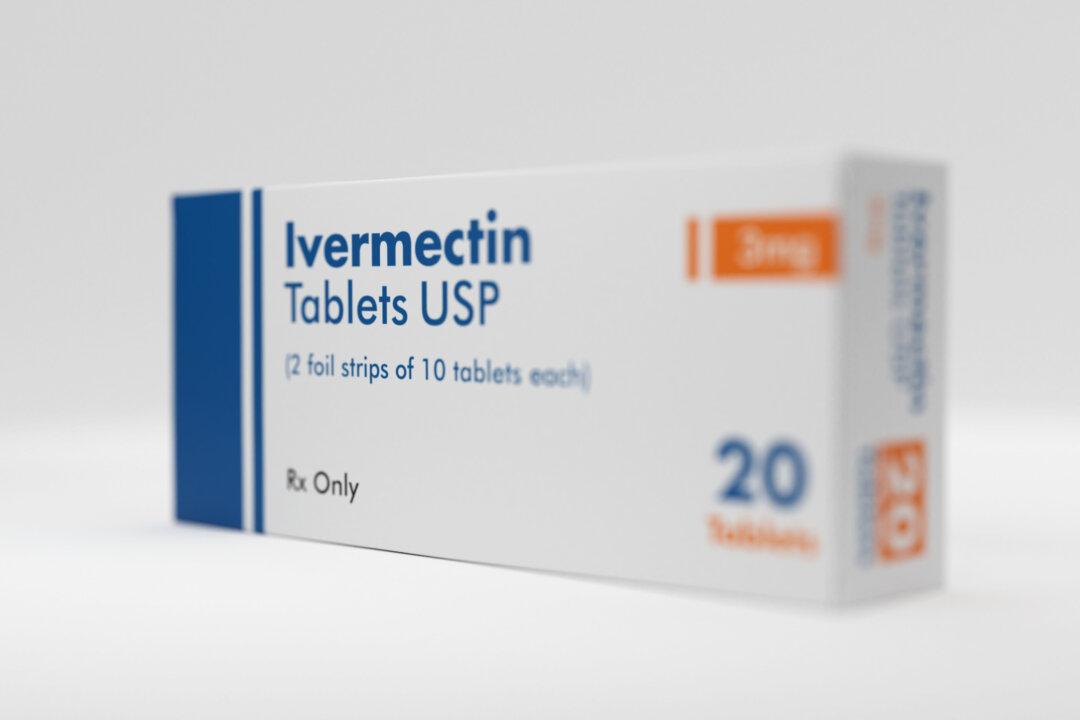Judith Smentkiewicz of Cheektowaga, New York, was given a 20 percent chance to live. She had COVID-19 and was on a ventilator at Millard Fillmore Suburban Hospital. Her son and daughter asked the doctors to give her ivermectin.
When the doctors refused, the family hired two lawyers, Ralph C. Lorigo and Jon F. Minear, to sue the hospital. A state Supreme Court judge ruled in their favor and ordered the hospital to give Smentkiewicz the ivermectin.






